The Irish Department of Agriculture is cracking down on sales of bogus organic produce in farmers' markets across the Republic.
An additional inspector has been appointed with special responsibility for policing the rapidly expanding markets, to ensure public confidence in premium priced organic food is not undermined through fraudulent sales.
Consumers are being advised to insist on evidence of organic certification, while bogus sellers have been warned they face prosecution and substantial fines.
"Bogus sales aren't confined to farmers' markets," said Michael O'Donovan, a department official.
"We're already prosecuting one retailer, whose case is due before the courts shortly.
"But in supermarkets, organic produce is pre-packed and carries an official logo, while in farmers' markets the produce is sold in open trays, so there's a need for greater caution."
The Republic still lags far behind other European countries in converting to organic, with production accounting for just 0.8% of Irish farmland compared with 4% in the UK and 11% in Austria. However, according to O'Donovan, the organic sector is now poised for a major expansion, with a new system of state supports being introduced and an easing of restrictions on those who want to switch from conventional farming.
Annual grants of €380 per hectare are being offered to those converting to organic production and will now be available for the first time to farmers who opt to use just a part of their land. Organic growers also qualify for €290/ha in yearly state supports.
O'Donovan said that despite the price premium, there was an increasing demand for organic produce, but much of it was being imported, especially vegetables.
An additional inspector has been appointed with special responsibility for policing the rapidly expanding markets, to ensure public confidence in premium priced organic food is not undermined through fraudulent sales.
Consumers are being advised to insist on evidence of organic certification, while bogus sellers have been warned they face prosecution and substantial fines.
"Bogus sales aren't confined to farmers' markets," said Michael O'Donovan, a department official.
"We're already prosecuting one retailer, whose case is due before the courts shortly.
"But in supermarkets, organic produce is pre-packed and carries an official logo, while in farmers' markets the produce is sold in open trays, so there's a need for greater caution."
The Republic still lags far behind other European countries in converting to organic, with production accounting for just 0.8% of Irish farmland compared with 4% in the UK and 11% in Austria. However, according to O'Donovan, the organic sector is now poised for a major expansion, with a new system of state supports being introduced and an easing of restrictions on those who want to switch from conventional farming.
Annual grants of €380 per hectare are being offered to those converting to organic production and will now be available for the first time to farmers who opt to use just a part of their land. Organic growers also qualify for €290/ha in yearly state supports.
O'Donovan said that despite the price premium, there was an increasing demand for organic produce, but much of it was being imported, especially vegetables.










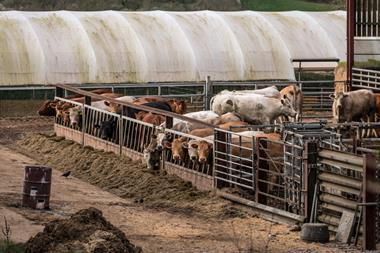

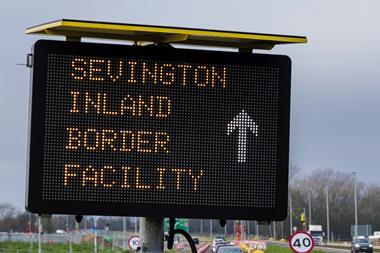
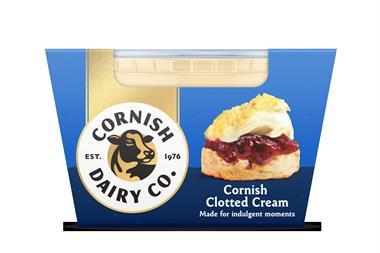
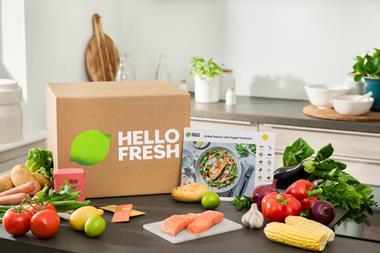
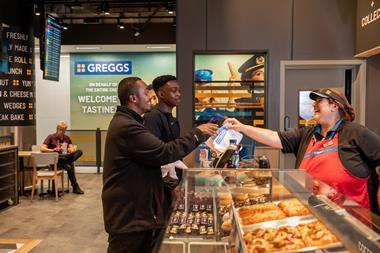

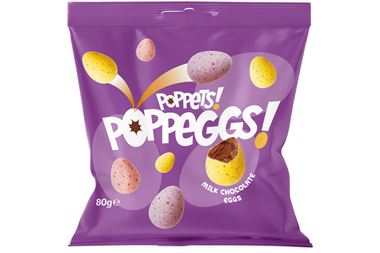
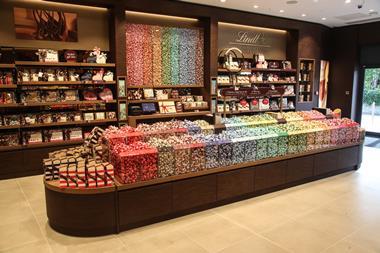
No comments yet